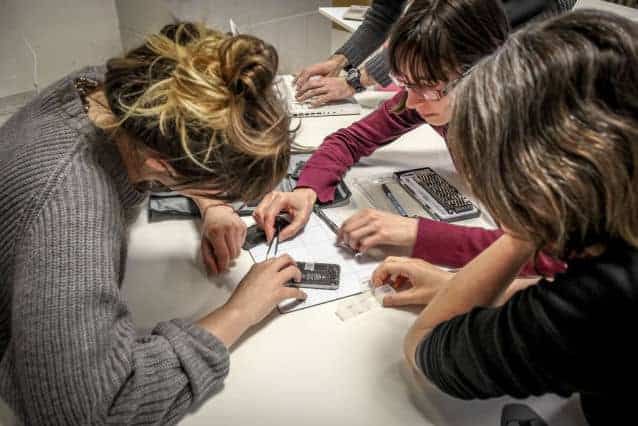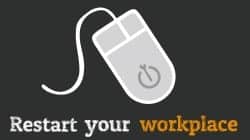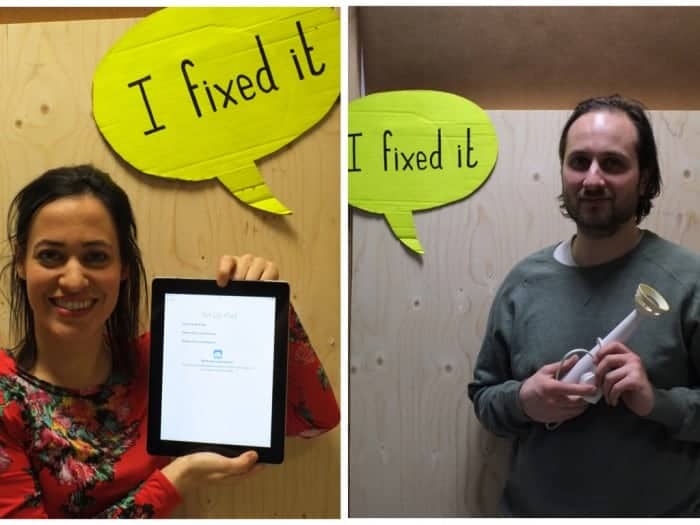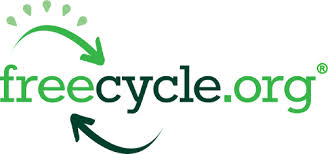Greenhouse Pioneer: Janet & Ugo, The Restart Project

Electronic waste is one of the fastest growing waste streams in many countries including the UK. The Restart Project is a London-based social enterprise that encourages and empowers people to use their electronics longer, by sharing repair and maintenance skills.
While recycling is important, The Restart Project aims tointervene before disposal – inspiring people to buy for longevity and to divert electronics from waste.The projectwas founded in 2012 by Janet Gunter and Ugo Vallauri.
 So, The Restart Project – what’s your mission?
So, The Restart Project – what’s your mission?
The Restart Project is a social enterprise that encourages and empowers people to use their electronics longer to reduce waste.
What motivates you?
It’s really simple. People and community. When we start thinking about how big our problems are – like climate change and resource scarcity – and how big the marketing machine is that is accelerating our consumption, we might just give up. But we started this project after having worked internationally for years, feeling slightly disconnected to our neighbourhoods in London. So we started with the idea of investing in our own back garden, getting to know people around us, and feeling like we really have a stake in our community. We started throwing ‘Restart Parties‘ – free, three hour community repair events. What we did not expect was a groundswell of interest from electronics repair volunteers, and the community that would arise among our volunteers. This has been extremely rewarding and motivating.
What is your greatest achievement to date?
We would say that our greatest achievement is merely starting and letting things unravel so magically on a shoestring. As wesaid, when we started throwing Restart Parties, we did not know that there were so many skilled technicians, tinkerers and repairers among us – and we did not know that they would enjoy getting to know each other and sharing skills among them. So in a sense, our only achievement was to convene – to create a space. A secondary and exciting achievement is seeing how our community of repair here in London has inspired other people elsewhere. This came about simply by documenting and sharing our journey online. Now groups in Tunisia, Italy and across the UK are hosting regular Restart Parties – and they’ve hosted more events than we have.
What are the challenges you face?
Surviving as a social business! Our model is to maintain our Restart Parties as radically open, community spaces. They must remain free. But to sustain all our communications and support the community – and especially work to help others run Restart Parties – we need to build a business based on working with corporates. We’re starting with pop-up events, and we’re learning loads about how to add value for businesses, but it is a steep learning curve for us.
What are you working on that gets you excited?
We’re working on a tool to track and reveal the positive environmental impact from our Restart Parties. The working name is the ‘Fixometer’ and it is being funded by the Innovation in Waste Prevention Fund, administered by WRAP (Waste Resources and Action Programme). Repairing something and extended its lifecycle displaces another purchase and there are savings in raw materials, water, energy and carbon emissions with every repair – but it is quite a challenge to quantify. The challenge of sourcing reference data has gotten us fired up, we’ve been as a group collaboratively research and trawling the internet for this for the past two months. What will be quite exciting is for groups across the world running Restart Parties to begin to see the cumulative environmental impact – starting with carbon emissions savings – from all of fixing activities.
Where do you want to take The Restart Project next?
We’d like to work with educators and be able to bring our ethos into the classroom. We’ve had great interactions with universities, but we’d like to work with younger students. We’ve started talking to Design and Technology teachers about this, and there is so much potential. We’re also working on what we’re calling ‘anti-merch’ – more DIY and guerrilla ways of spreading our message, with minimalist classic stuff like stickers, badges and perhaps t-shirts.
What can we, as individuals, do to make a difference?
Value what you have more! Try and buy what is appropriate for your needs. We don’t disdain innovation and great new designs and products. So if you buy something new and shiny, definitely appreciate it and get the maximum satisfaction and utility out of it. If you are not so into the newest, shiniest thing, then try and keep what you have longer and find a new owner for it if you’d like to upgrade. We like to say, treat your electronics like you would treat your bike. Take care of them and don’t treat them like disposable items. Oh, and did we mention fixing can be fun? It’s only a chore if we treat it as such.
If you were Prime Minister for a day, what would be the first thing you’d do?
That’s a great one. We’re not rule-by-decree types. But we would explore ways to legislate the ‘waste hierarchy’. Remember when they taught us ‘reduce, reuse, recycle’? Seems all government does these days is work on the recycling – there are a number of reasons for that. Recycling is VERY important but we’ve lost sight of the bigger picture. Oh but we have one decisive step to take immediately: we would also abolish the VAT on repair and spare parts for electronics.
What’s the coolest project you’ve come across?
We’re not so product-focused. We’re more interested in what we would call ‘social OS’. One example is the way people in Brazil come together to build drainage or work on a project in the community – in a fluid collective called a ‘mutirão’. (We write about it here.) We’re also inspired by Brazilian educator Paulo Freire, who wrote about ‘dialogic learning’ where both sides are learning, where literacy is more than merely functional. Learning to read is learning to read the world, drawing on our life experiences and eliciting our tacit knowledge. When Ugo visited Havana, he was inspired by repair collectives where repairers rent mini-workshops a bit like hair stylists rent chairs in a salon. There are more local inspirations, like the Remakery here in Brixton. It’s not about the space or the tools, it’s about the ‘social OS’ – people and the way they organise themselves.
Can you recommend a life-changing book for our readers?
Janet can’t recommend John Thackara’s work enough. His 2005 ‘In the Bubble‘ was so prescient and still quite relevant ten years on. Reading it felt like ‘whoa, so we are not insane after all?’ Ugo chooses Italo Calvino’s ‘Six Memos for the Next Millennium‘ – with a literary angle but relevant far beyond.
What do you listen to when you’re cooking dinner?
Music is life! (Disclaimer: we are not cooking dinner together – people often think we are a couple.) Ugo was a DJ in a former life in Nairobi and music motivated a number of Janet’s life decisions, like learning the Portuguese language. We are both big fans of tropical beats of all sorts, especially vintage and roots music mixed with new urban sounds. Brazilian, Caribbean, Andean, and sounds from West Africa, Southern and Eastern Africa. Hadn’t thought of it, but our taste in music kind of reflects our philosophy towards technology. Let’s appreciate what lasts – and one of the ways to do that is to remix and remake it.
What’s the best advice you’ve ever been given?
We’re not into aphorisms or tokenistic advice. Good mentoring and support is something that comes through collaboration, solidarity and deep empathy. The best advice we’ve ever been given probably came from groups we were supposed to advise in our previous careers working in ‘international development’. Local NGOs or social movements that took our hands, and suggested to us that we both slow down and get to know each other – and learn what we can from each other’s experiences. This is has very much influenced the way we work.
Who’d be your Eco Hero?
Probably our Eco heroes are the people affected by the pressure on resources and land. Land defenders in Latin America, Africa and Asia, are the ultimate Eco heroes because they saving what little is left of our common natural resources, and they are literally putting their lives on the line. We’ve both worked with rural communities affected by the pressure on land to produce the things we consume here like food, flowers, cosmetics, wood and paper and electronics. Read more here. If you’d like some Eco heroes closer to home, it’s the people who rescue things from waste and give them new life. Freecycle has helped bring this into the ‘mainstream’. In Janet’s borough in London, over 10% of the population is on Freecycle. And it really works.




